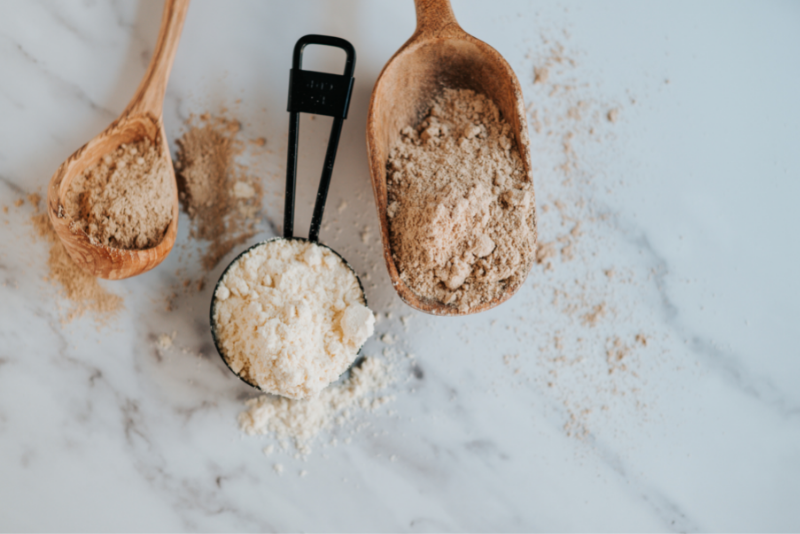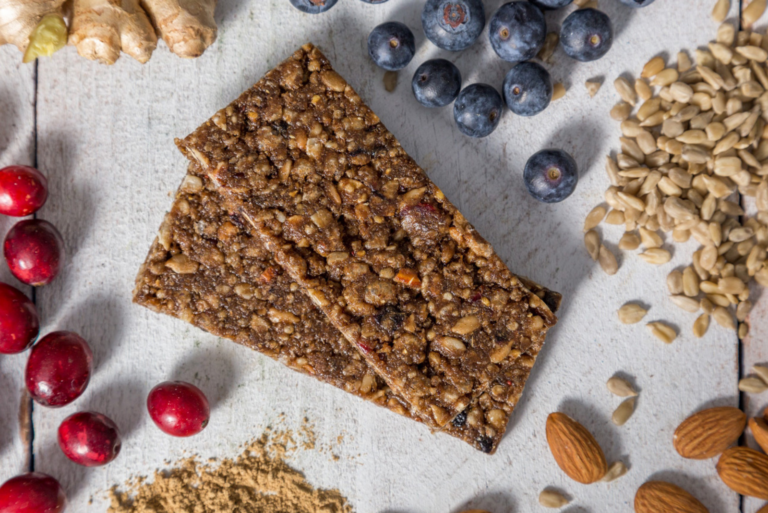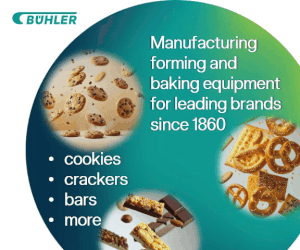OAKLAND, CA — From plant milk to plant butter to plant-based meat, there’s very little that a nut, seed, fruit or bean can’t become these days. But it’s not those products that Claire Schlemme has her sights on — she just wants the leftovers.
Schlemme is the co-founder and CEO of Renewal Mill, a food company that fights food waste by transforming the byproducts of things like plant milk into shelf-stable flour and baking mixes. The company is one of several emerging food and beverage brands that upcycles food surplus into new and high-quality products, saving both money and the planet by fighting climate change.
The United Nations estimated that one-third of all food produced in the world ends up in landfills before it’s had a chance to land on a kitchen table; that’s a major contributor to methane emissions. Renewal takes the pulp from plant milk — and other processes like beer production — that would otherwise be wasted, and it gives it new life. A natural thermal drying process creates a versatile, shelf-stable product that can be used to bake cookies, bread chicken and more.









